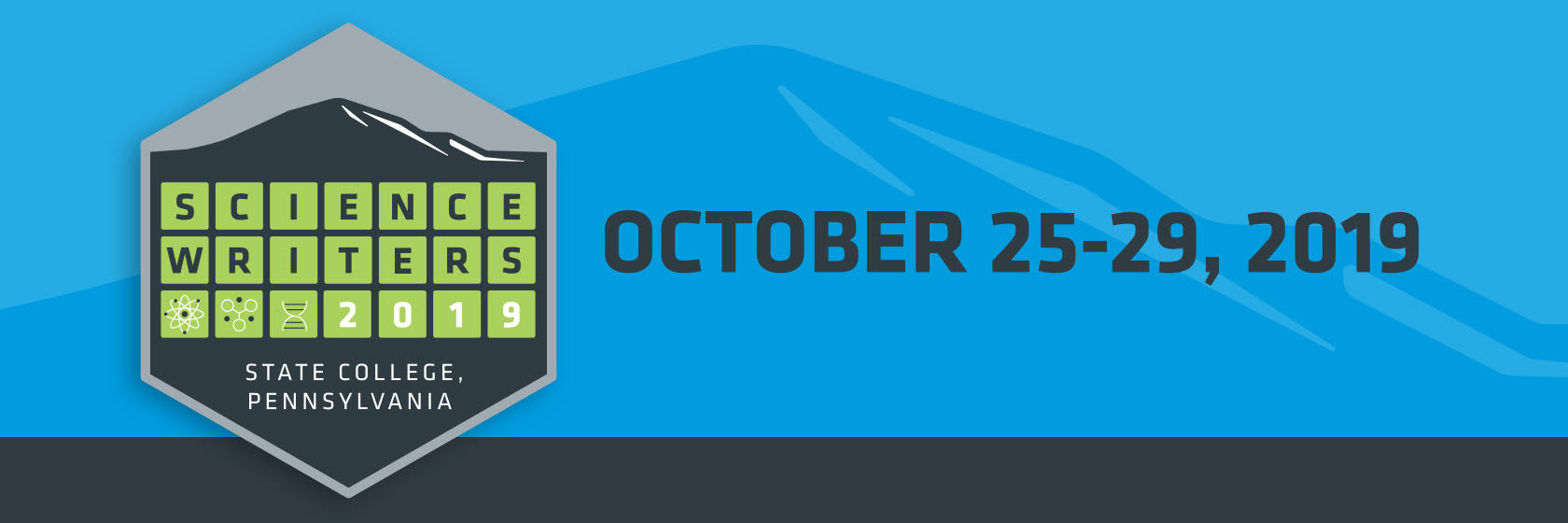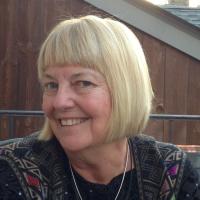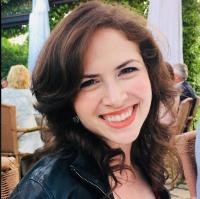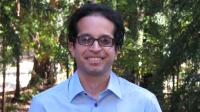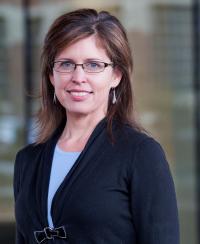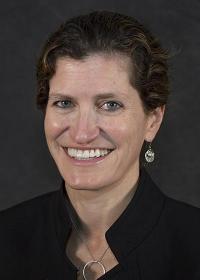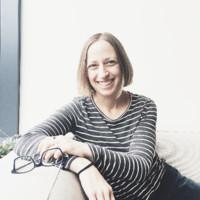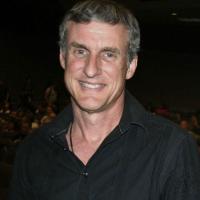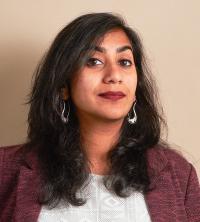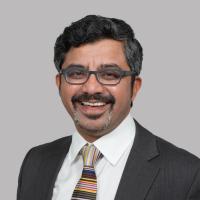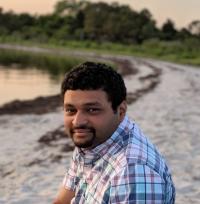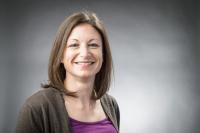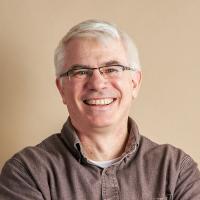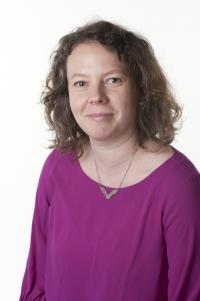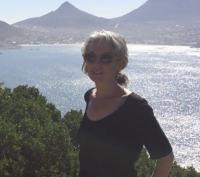NHChet Sherwood
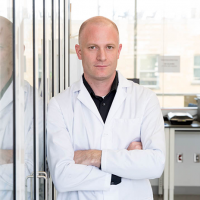
Professor and chair, Department of Anthropology, and co-director of the Mind-Brain Institute, George Washington University
Chet Sherwood's research is driven by an interest in how brains differ among species, how this variation is correlated with behavior, how it is constrained by the rules of biological form, and how it is encoded in the genome. Within the scope of this research, he focuses on the examination of human brain organization in comparison to other primates, especially our closest living relatives, the great apes (chimpanzees, bonobos, gorillas, and orangutans). His research has been supported by the National Science Foundation, National Institutes of Health, the Wenner-Gren Foundation, and the Leakey Foundation. He was a recipient of a James S. McDonnell Foundation Scholar Award (2012). He is co-director of the National Chimpanzee Institute and serves as associate editor of the journals Brain Structure and Function and Brain, Behavior and Evolution.
Speaking:
-
Monday, October 28th, 10:50 am to 11:50 am
